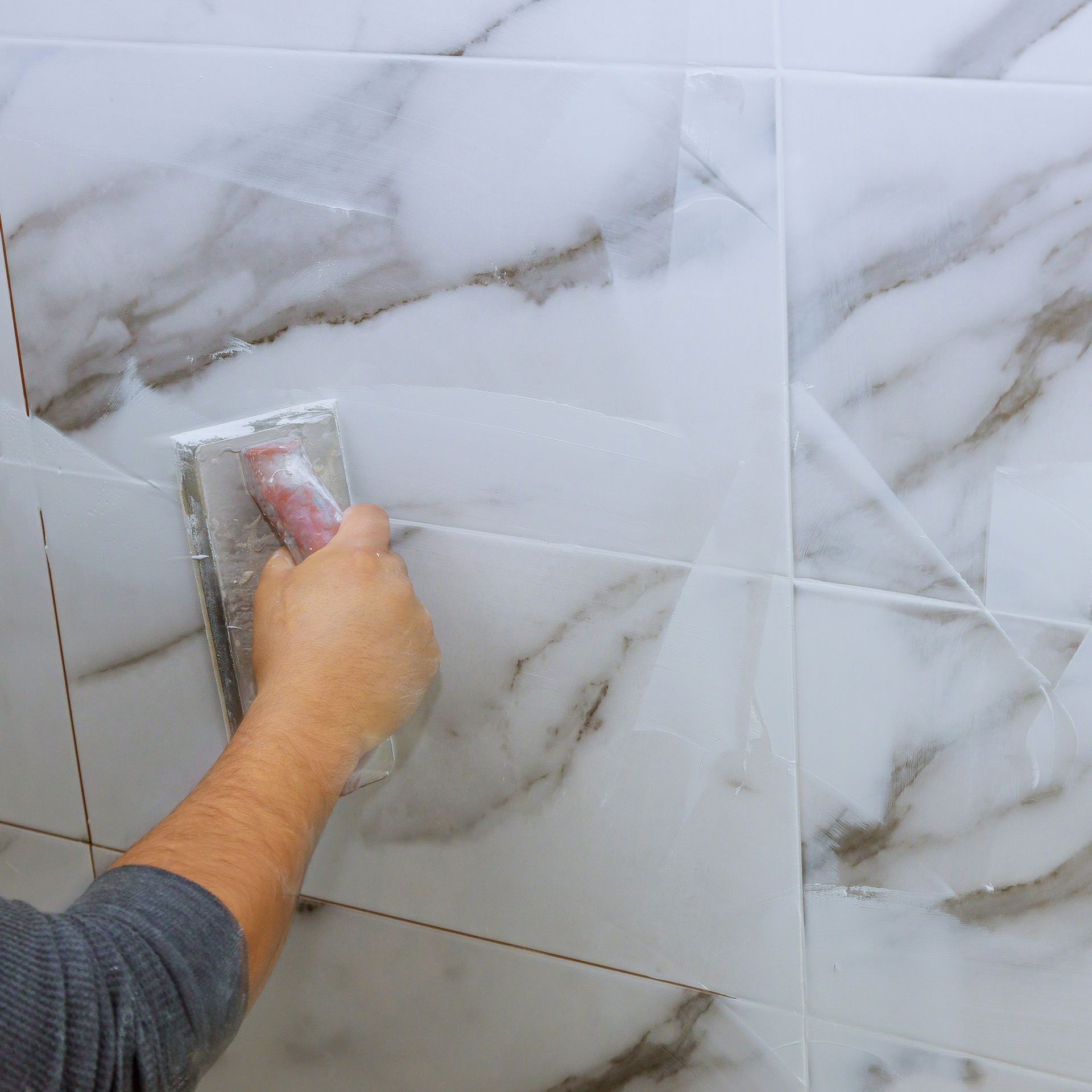When considering which epoxy grout to choose, you are faced with a multitude of options that claim to be the best in the market. Durability and strength, stain resistance comparison, application ease and techniques, color options and varieties, as well as price and value assessment are key factors to weigh. As you navigate through the myriad of choices, rest assured that the path to finding the ideal epoxy grout is within reach. Choosing the right one will not only enhance the aesthetics of your space but also provide long-lasting performance and satisfaction.
Durability and Strength
- When considering the durability and strength of epoxy grout, it’s essential to evaluate its resistance to various environmental factors. In terms of longevity comparison and performance testing, epoxy grout consistently outperforms traditional cementitious grout.
- Impact resistance is a crucial factor to consider when choosing grout for areas prone to heavy traffic or accidental knocks. Epoxy grout excels in this aspect, offering superior protection against impacts that could damage or dislodge tiles.
- Moreover, compression strength is another vital characteristic that distinguishes epoxy grout. Through rigorous performance testing, epoxy grout has been proven to have higher compression strength compared to cementitious grout. This means that epoxy grout can withstand heavier loads without cracking or breaking, making it an ideal choice for areas with high weight-bearing requirements.

Stain Resistance Comparison
- In assessing stain resistance, the performance of epoxy grout surpasses that of traditional cementitious grout. Epoxy grout is highly resistant to stains due to its non-porous nature, making it an excellent choice for areas prone to spills and stains. When compared to cementitious grout, epoxy grout is less likely to absorb liquids, preventing discoloration and staining over time.
- To maintain the stain resistance of epoxy grout, regular cleaning is essential. Use a pH-neutral cleaner and avoid abrasive tools that could scratch the grout surface. For tougher stains, a mixture of baking soda and water can be used as a gentle scrub.
- Additionally, epoxy grout is compatible with a wide range of tile materials, including ceramic, porcelain, glass, and natural stone. This versatility makes it a popular choice for various tile installations. When selecting epoxy grout, ensure it’s suitable for the specific tile material to achieve optimal stain resistance and longevity.
Application Ease and Techniques
To ensure the successful application of epoxy grout, it’s crucial to follow specific techniques and guidelines for optimal results.
- When applying epoxy grout, it’s recommended to work in small sections to prevent the grout from hardening before you can clean it off the tiles. Start by mixing the epoxy grout according to the manufacturer’s instructions, ensuring a smooth and lump-free consistency.
- Use a rubber float to press the grout firmly into the joints at a 45-degree angle, ensuring they’re completely filled. Once the grout sets slightly, usually after 15-30 minutes, use a damp sponge to clean the excess grout off the tiles. Rinse the sponge frequently and change the water to prevent hazing.
- After the grout cures fully, typically within 24 hours, buff the tiles with a dry cloth to remove any remaining haze. Following these application tips and cleaning methods will help you achieve a professional-looking finish with your epoxy grout.
Color Options and Varieties
- Explore the diverse range of colors and varieties available in epoxy grout for your next tiling project. When it comes to color selection in epoxy grout, the options are vast, catering to various design trends and personal preferences. From classic neutrals like white, beige, and gray to bolder choices such as navy blue, emerald green, or even metallic finishes, there’s a hue to suit every style.
- Customization options in epoxy grout extend beyond just color; you can also find varieties with added elements like glitter or mica for a touch of glamour. These aesthetic enhancements not only offer a unique look but also elevate the overall appeal of your tiled surface. Whether you prefer a seamless blend with your tiles or a contrasting pop of color, the color options and varieties in epoxy grout provide endless opportunities to create a striking and personalized finish for your tiling project.
Price and Value Assessment
- Assessing the price and value of epoxy grout involves considering various factors such as durability, ease of maintenance, and long-term cost-effectiveness. When comparing prices, it’s crucial to balance cost efficiency with quality. Cheaper epoxy grouts may seem like a good deal initially but could end up costing more in the long run due to lower durability and higher maintenance requirements.
- In the realm of epoxy grouts, quality comparison is essential. Higher-priced epoxy grouts often come with better quality materials, which can result in increased durability and longevity. While the upfront cost may be higher, the value obtained from a premium epoxy grout in terms of reduced maintenance and longer lifespan can outweigh the initial investment.
- To make an informed decision about which epoxy grout offers the best price and value, it’s vital to assess not only the initial cost but also the long-term benefits. Consider factors such as ease of maintenance and expected lifespan when evaluating the overall cost-effectiveness of different epoxy grout options.
Conclusion
In conclusion, when evaluating the best epoxy grout, consider factors such as:
- Durability
- Stain resistance
- Ease of application
- Color options
- Overall value
Each brand may offer unique advantages, so it’s important to prioritize your specific needs and preferences when making a selection. By thoroughly researching and comparing these key aspects, you can confidently choose the epoxy grout that best suits your project requirements.